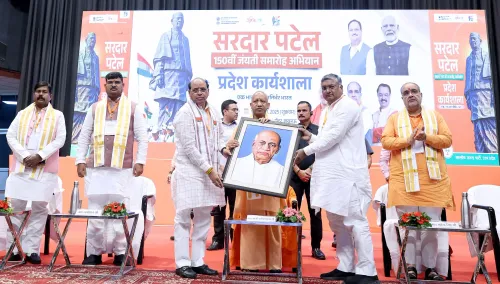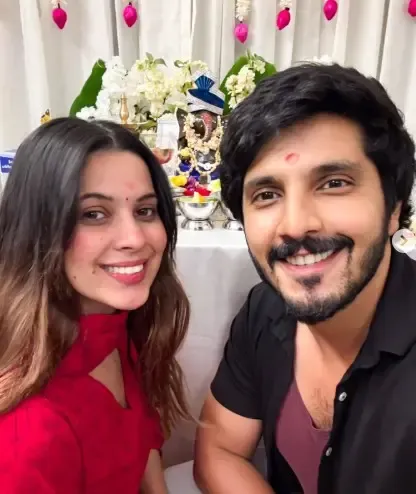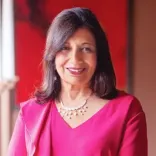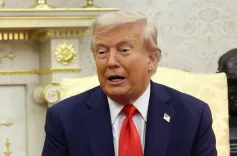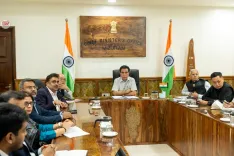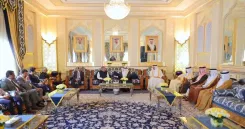Did Javed Akhtar Discuss Urdu at the British Parliament?
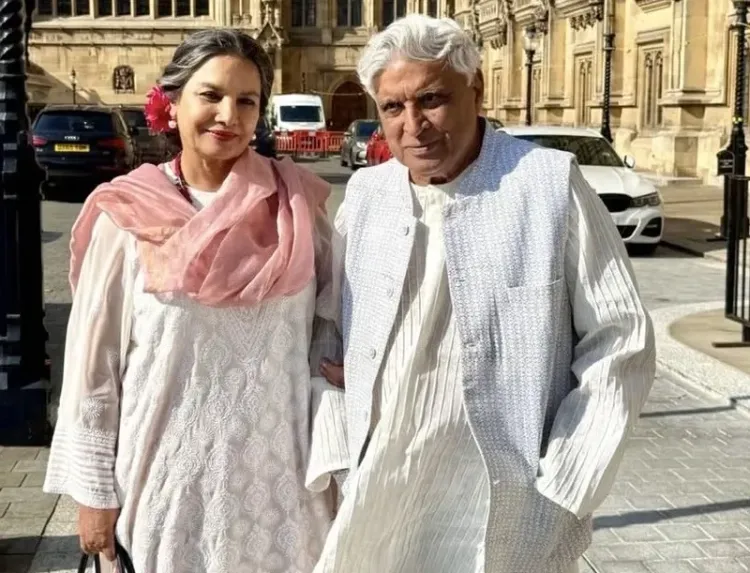
Synopsis
Key Takeaways
- Javed Akhtar held a session on Urdu at the British Parliament.
- Shabana Azmi shared personal moments on social media.
- They continue to promote their cultural heritage.
- Shabana has a prolific career spanning over 160 films.
- The couple is actively involved in creative discussions and events.
Mumbai, July 15 (NationPress) Renowned actress Shabana Azmi posted a photo from the British Parliament, revealing that her esteemed husband, acclaimed screenwriter and lyricist Javed Akhtar, conducted a session on Urdu at the House of Lords.
Shabana showcased the image on Instagram, featuring the couple in front of the iconic British Parliament.
She captioned the post: “At the British Parliament where #JavedAkhtar had a session on #Urdu at the #HouseOfLords.”
On July 11, Shabana also shared a heartwarming moment between Javed Akhtar and their son Farhan Akhtar, as they savored ice cream together.
She posted a candid shot of them at a quaint ice cream shop enjoying their treats.
Shabana wrote, “Father and son indulging in ice cream at a cozy ice-cream parlor. All treats are allowed on holidays.”
Javed Akhtar, previously married to screenwriter Honey Irani, tied the knot with Shabana Azmi in 1984.
Last month, Shabana shared a delightful moment from her 'mad girls group' get-together, which was made even more special by a surprise appearance from Farhan Akhtar.
“I might have posted this before, can't recall. It popped up on my phone, and I thought it would be fun to share. This is our crazy group: #ShahanaGoswami, #SandhyaMridul, yours truly #DivyaDutta with a guest appearance by @Faroutakhtar,” wrote the legendary actress.
She was last seen in the crime thriller “Dabba Cartel,” which launched on Netflix on February 28.
Shabana's career encompasses over 160 films, primarily in independent and neorealist parallel cinema, extending into mainstream films and several international projects.
The National Award-winning actress debuted in 1974 with Ankur and quickly emerged as a leading figure in parallel cinema, a new wave movement of art films recognized for their poignant narratives and realism, often backed by government support.

